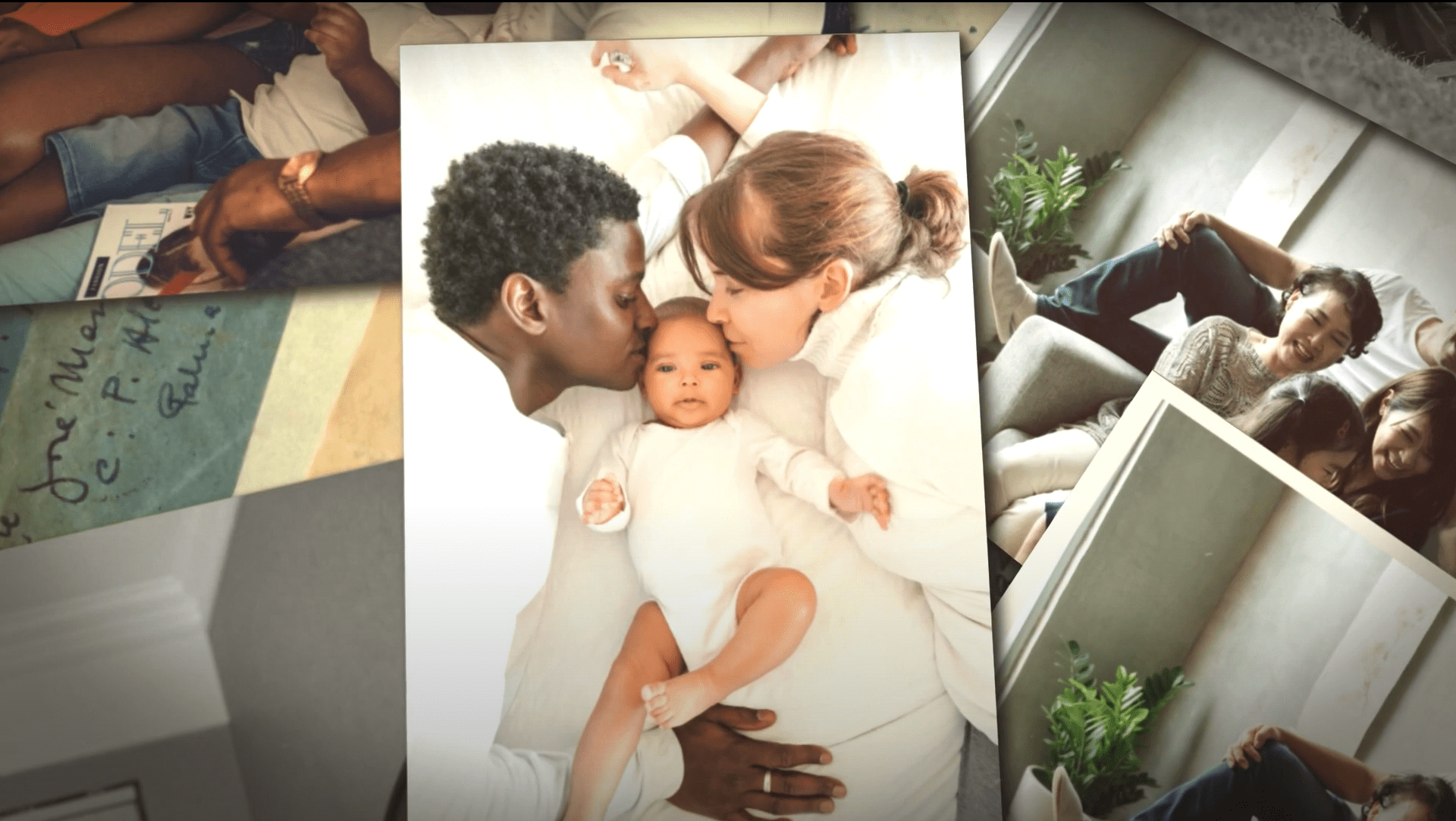For Elizabeth, pregnancy was blissfully uneventful. She went through training with her husband, toured hospitals and everything seemed textbook perfect. But as she went into labor, things began to fall apart, and past trauma began to bubble up to the surface.
24 hours had passed, and it was time to push. Elizabeth was exhausted, ready to be done. As her husband and a nurse each grasped a leg to help her push, the sensation of feeling trapped, being touched, triggered past childhood trauma with domestic violence and sexual assault. She began to dissociate and hit a wall.
“As a fairly high-functioning person who’s able to work past stuff, I, one, didn’t think that this past history would come up for me again. My doctor knew about it, my husband knew about it, but it wasn’t something that I was connecting myself to say, I wonder if this is going to become an issue for me at some point,” said Elizabeth about the birthing process.
She could not, would not, push. She pleaded with her doctor for an emergency C-section and her daughter was born, healthy and wonderful. But for a few hours, everything had felt hopeless.
Our mental health begins before we ever enter this world, and a child’s mental well-being is intricately bound up with that of the person who carried them. Birth can also be a pivotal moment for the birth giver themselves. How do they feel during the birth? Like Elizabeth, does a past trauma unexpectedly trigger emotions and bodily responses?
“There are a couple of things that looking back, after we spoke the first time, I remember at one point my doctor doing an exam,” recalls Elizabeth, “And I remember inching away from him with a power in my legs and core that I probably don’t have at the moment until I was almost like levitating off the table, and I remember him looking at me, like, ‘Are you okay?’, and I was like, ‘I don’t know why but this feels very uncomfortable for me right now.’ And you know, looking back, that’s something maybe I should’ve thought, ‘You know, you haven’t reacted like that before, you’ve had well women visits before where that kind of exam hasn’t been an issue, maybe you should explore this.’”
Pregnant people coming in with a history of trauma, with depression, anxiety, other mood disorders, have children that show differences in their brain structure and chemistry, at one year, at 18 months, at three, at five years. When an infant is born to a mother who has a huge and regular increase in cortisol and other stress hormones, that affects that infant’s brain chemistry – they also then come into this world with an increase in cortisol, affecting the formation of their amygdala and other brain structures.
A traumatic birth can mean that parents might not be able to be as emotionally present as they would like, to foster those relationships. It’s an impact that can stretch out into the first weeks, and even months, of a child’s life. With such far-reaching effects, it’s imperative to make the birthing process as smooth as possible, for the health of both birth giver and child.
To hear more of Elizabeth’s story, listen to season one of ZERO TO THREE’s podcast, The Earliest, where she and host Ernestine Benedict explore pregnancy, birth, trauma, and mental health and well-being in the earliest years of life – the years that matter most.

